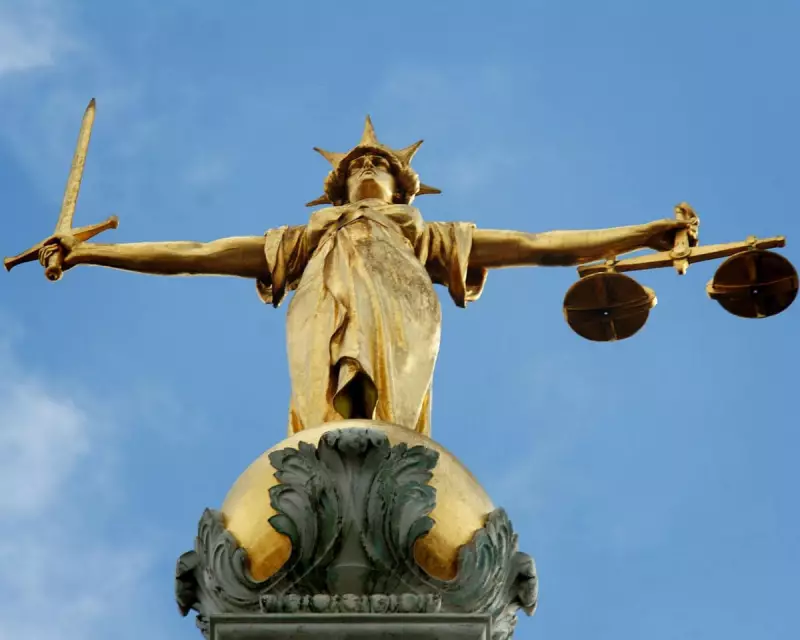
The British government has unveiled plans that could fundamentally reshape the country's justice system by proposing to scrap jury trials for certain serious criminal cases. This radical reform, announced as part of wider justice system changes, has ignited immediate controversy and raised profound questions about the future of democratic rights in the UK.
The Proposed Changes to Trial by Jury
Under the new proposals, jury trials would be abolished for complex fraud cases and potentially other serious criminal matters. Instead, these cases would be heard by a single judge or a panel of judges. The government argues that modern legal cases have become too complicated for ordinary jurors to understand properly.
The Ministry of Justice contends that jurors struggle with the technical complexity and volume of evidence in serious fraud trials, which can involve thousands of documents and span many months. They suggest that professional judges are better equipped to handle such intricate cases and would deliver more consistent verdicts.
These proposals form part of a broader justice reform package that the government claims will create a more efficient and effective legal system. However, critics immediately raised alarm about the potential consequences for one of Britain's oldest democratic institutions.
Historical Significance and Democratic Implications
The right to trial by jury dates back to the Magna Carta in 1215 and represents a cornerstone of the British justice system. For centuries, it has ensured that citizens accused of serious crimes are judged by their peers rather than solely by the state.
Legal experts and civil liberties groups have expressed deep concern about the democratic implications of removing jury trials. They argue that juries provide an essential check on state power and bring community values into the courtroom. The presence of ordinary citizens in the justice process is seen as a vital safeguard against potential judicial or prosecutorial bias.
Opponents of the reforms question whether efficiency should trump democratic participation in the justice system. They point out that juries have successfully navigated complex cases for generations and that proper legal directions from judges help jurors understand complicated evidence.
Broader Context and Political Reactions
These proposals emerge against a backdrop of increasing government interest in reforming the justice system. Previous governments have also considered similar changes, particularly for fraud trials, but faced strong opposition from legal professionals and civil society groups.
The current plans have drawn criticism from across the political spectrum, with opposition parties, human rights organisations, and legal bodies warning against dismantling what they describe as a fundamental democratic right. Supporters of the current jury system emphasise that it represents one of the few areas where ordinary citizens directly participate in the administration of justice.
As the debate intensifies, questions are being raised about whether these changes might eventually extend beyond fraud cases to other serious crimes. The government maintains that any reforms would be carefully limited and designed to improve the quality of justice delivered.
The proposals are expected to face significant parliamentary scrutiny and potential legal challenges. With the future of one of Britain's oldest legal institutions at stake, this controversy touches upon fundamental questions about democracy, justice, and the relationship between citizens and the state.





